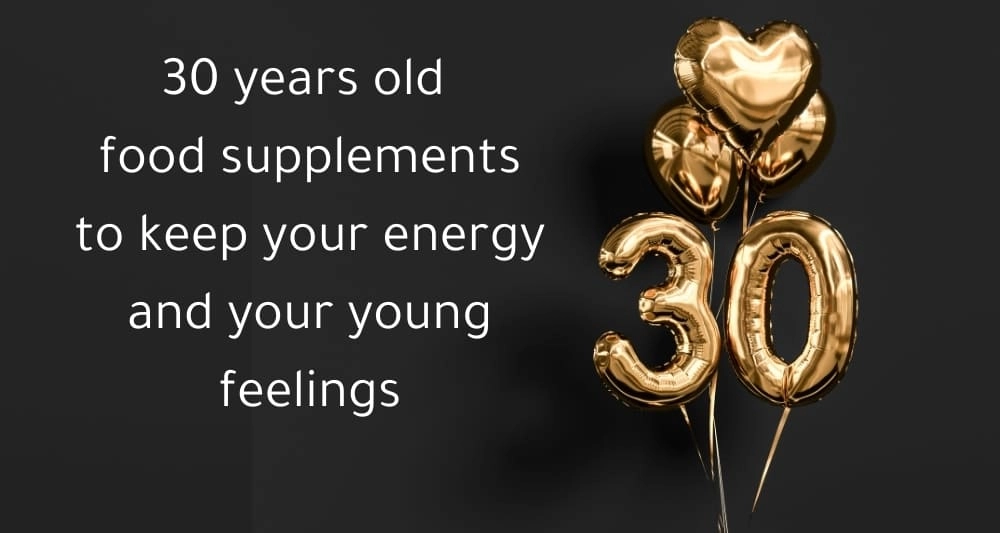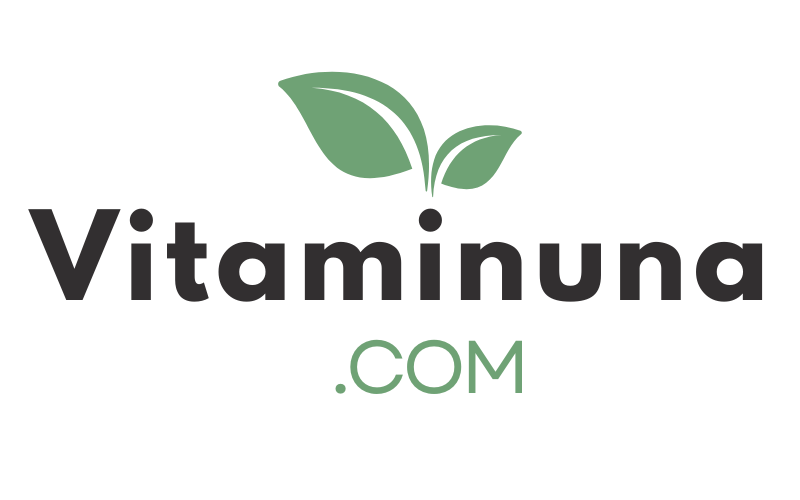المقالات
Entering your 30s marks a significant transition in life

Necessitating a sharper focus on the vitamins and nutrients essential for sustained energy, efficient metabolism, and long-term health. Below, we highlight the crucial vitamins you should prioritize in your 30s and explain their importance to your overall well-being.
- Vitamin D: Essential for Bone and Immune Health
Vitamin D is crucial for maintaining strong bones and supporting a robust immune system. With age, the body’s ability to absorb calcium diminishes, elevating the importance of vitamin D to prevent bone density loss and potential conditions like osteoporosis. It also bolsters the immune system, helping to fend off illnesses and infections.
Sources: Natural sunlight is the best source of vitamin D, though it’s also found in fatty fish, fortified milk, and egg yolks. Supplements may be necessary if sunlight exposure is limited.
- Vitamin B12: Boosts Energy and Brain Function
Vital for energy production and cognitive function, Vitamin B12 is indispensable during your 30s—a peak period for professional and personal life challenges. A deficiency can lead to fatigue, mood swings, and memory issues. It is also essential for red blood cell formation and maintaining a healthy nervous system.
Sources: B12 is found predominantly in animal products such as meat, fish, eggs, and dairy. Vegetarians or vegans might need to consider supplements.
- Folate (Vitamin B9): Critical for Cellular Health and Reproductive Wellness
Folate, or vitamin B9, supports cell growth and regeneration, crucial for women in their 30s, especially those planning for pregnancy. It aids in preventing birth defects and promotes reproductive health while being vital for DNA and RNA production, necessary for cellular functions.
Sources: Rich sources include leafy greens, beans, peas, and fortified grains. Prenatal vitamins containing folic acid, the synthetic form of folate, are often recommended for pregnant women or those trying to conceive.
- Vitamin C: Enhances Collagen Production and Provides Antioxidant Protection
Collagen production slows as you age, leading to signs of aging such as wrinkles and sagging skin. Vitamin C not only promotes collagen production but also acts as a potent antioxidant, protecting the skin from oxidative stress and promoting a youthful appearance.
Sources: Citrus fruits, strawberries, bell peppers, and broccoli are excellent sources of vitamin C, essential for healthy skin and immune function.

- Vitamin E: Supports Skin and Heart Health
Vitamin E is a powerful antioxidant that protects cells from damage, particularly benefiting the skin by combating free radicals that lead to premature aging. It also supports heart health by enhancing blood vessel function and preventing cholesterol buildup.
Sources: Good sources include nuts, seeds, spinach, and sunflower oil. Regular consumption helps maintain glowing skin and cardiovascular health.
- Calcium: Key for Bone Strength
Calcium’s importance grows in your 30s as bone mass starts to decrease. Adequate calcium intake is critical for preserving bone density and reducing the risk of fractures and osteoporosis in later years.
Sources: Dairy products, leafy greens, and fortified plant-based milks are excellent calcium sources. Supplements might be necessary if dietary intake is insufficient.
- Iron: Essential for Preventing Fatigue
Iron is vital for oxygen transport in the body and for avoiding fatigue. Women in their 30s, particularly those who menstruate, may face a higher risk of iron deficiency, which can lead to anemia. Adequate iron intake is crucial for maintaining energy levels and overall vitality.
Sources: High-iron foods include red meat, poultry, lentils, beans, and spinach. Consuming iron-rich foods alongside vitamin C-rich foods can improve iron absorption.
By focusing on these essential vitamins and nutrients, individuals in their 30s can maintain their energy, uphold their metabolic health, and foster overall long-term wellness.
